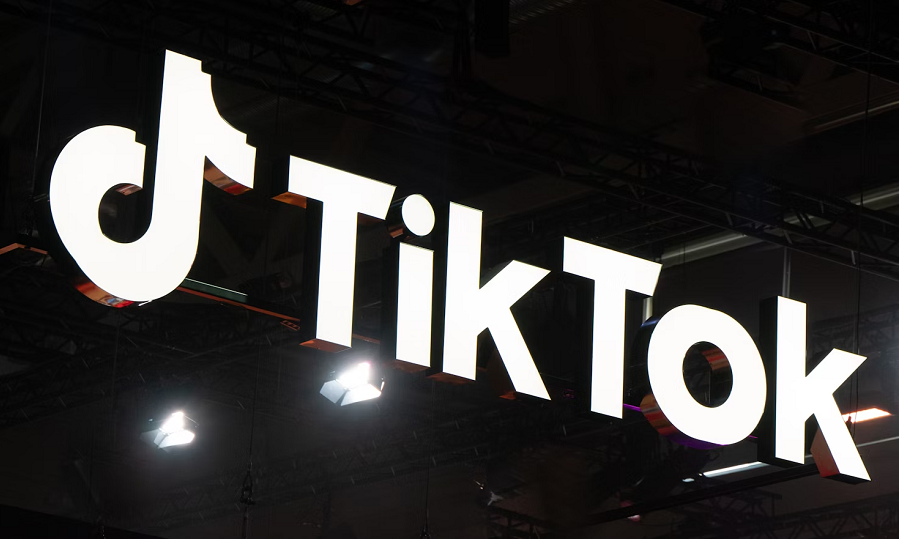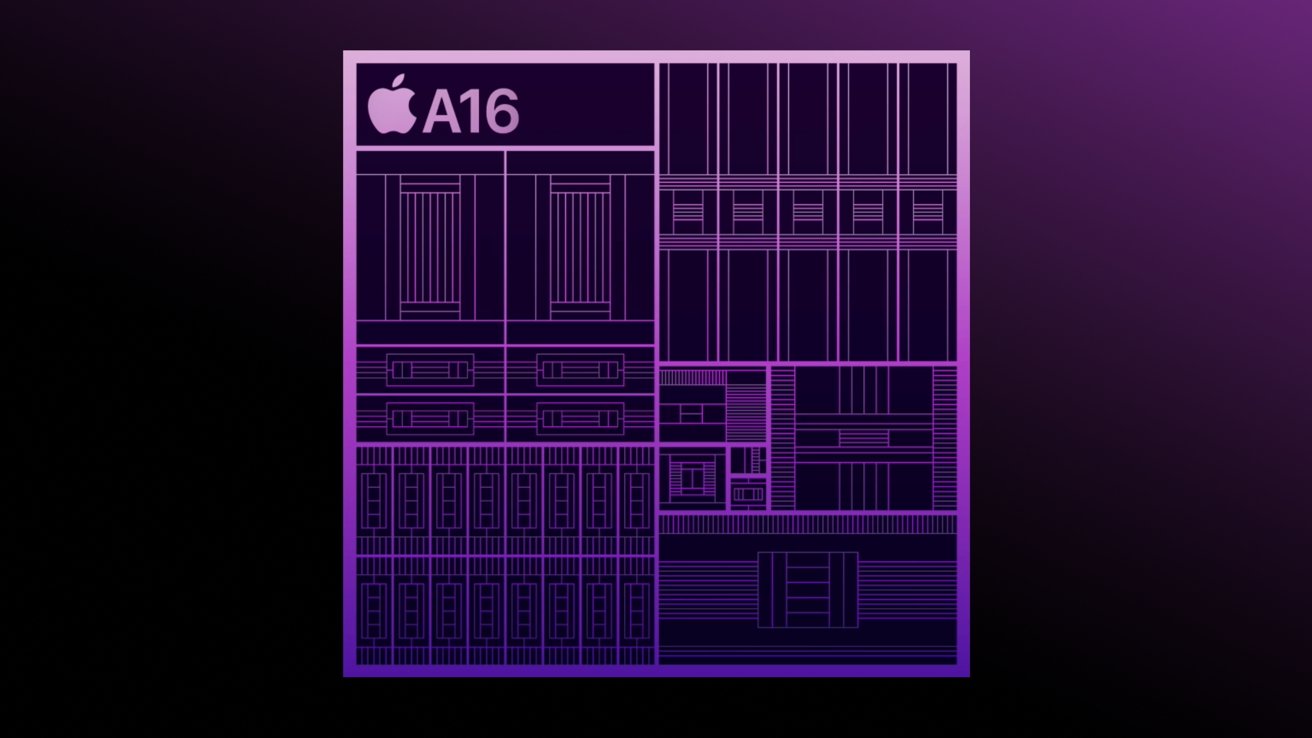The Supreme Court today upheld a law that will require TikTok to shut down in the U.S. on Jan. 19 unless it’s sold by parent company ByteDance Ltd.
The court’s ruling was unanimous. Justices Sonia Sotomayor and Neil Gorsuch wrote concurring opinions, judicial opinions that back a ruling but not the underlying reasoning. The decision followed a closely watched hearing last Friday.
Between 2021 and 2022, TikTok held discussions with the U.S. government about potential ways to address national security concerns about its app. One of the ideas the company floated was to move U.S. users’ data to stateside servers. TikTok’s proposals ultimately failed to win over officials, which led Congress to pass a law that gave ByteDance 270 days to find a buyer for the app or face a ban.
After the legislation went into effect last April, TikTok asked the U.S. Court of Appeals for the District of Columbia Circuit to block the law. The company, along with two groups of users, argued that the legislation violates the First Amendment. A three-judge panel rejected the motion after finding that the government’s arguments in favor of the ban are compelling and that the text of the legislation is narrowly tailored, meaning its legal impact is not excessively broad.
The ruling prompted TikTok to bring the matter before the Supreme Court. In today’s decision, the justices affirmed the appeals court’s decision. They found that the law banning TikTok does not violate users’ First Amendment rights.
During the hearing that preceded the ruling, the government argued that data collected by TikTok could be used by China for espionage and blackmail. TikTok didn’t meaningfully dispute the government’s arguments about the “scope of the data TikTok collects or the ends to which it may be used,” the Supreme Court wrote in today’s ruling. Instead, a lawyer for the company said it is “unlikely” the data will be used to those ends, which failed to convince the justices.
“There is no doubt that, for more than 170 million Americans, TikTok offers a distinctive and expansive outlet for expression, means of engagement, and source of community,” the Supreme Court stated in its ruling. “But Congress has determined that divestiture is necessary to address its well-supported national security concerns regarding TikTok’s data collection practices and relationship with a foreign adversary.”
TikTok is set to shut down in the U.S. on Jan. 19. According to Bloomberg, Biden administration officials have signaled they likely won’t enforce the ban before President-elect Donald Trump’s inauguration. Trump has indicated he will seek to reverse the ban.
The legislation in which the ban is codified prohibits app store operators from distributing TikTok. Additionally, cloud providers may not host the service’s backend systems. Failing to comply with the law could expose companies to fines of up to $5,000 per TikTok user.
The incoming administration could choose not to enforce the ban, according to Bloomberg and CNBC. However, it’s reportedly unclear whether app store operators and cloud providers will find that they have “sufficient legal cover” to continue hosting the app.
TikTok parent ByteDance can avert the shutdown if it finds a buyer for the service. Elon Musk was floated as a potential acquirer earlier this week, although TikTok has denied the rumors. CNBC cited investment research firm CFRA Research as saying that the app could fetch between $40 billion and $50 billion if a sale materializes.
After the ban goes into effect, TikTok reportedly plans to replace its interface with a link to a website explaining the shutdown. Sources told Reuters that the company is prepared to resume service relatively quickly should the ban be lifted.
Photo: Unsplash
Your vote of support is important to us and it helps us keep the content FREE.
One click below supports our mission to provide free, deep, and relevant content.
Join our community on YouTube
Join the community that includes more than 15,000 #CubeAlumni experts, including Amazon.com CEO Andy Jassy, Dell Technologies founder and CEO Michael Dell, Intel CEO Pat Gelsinger, and many more luminaries and experts.
THANK YOU










